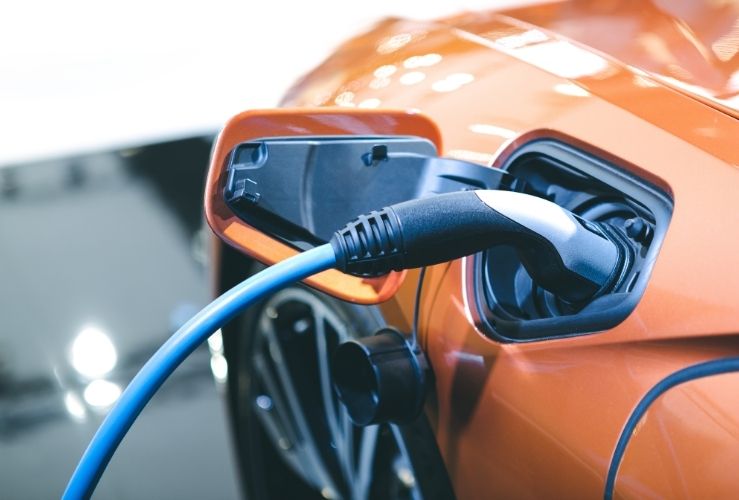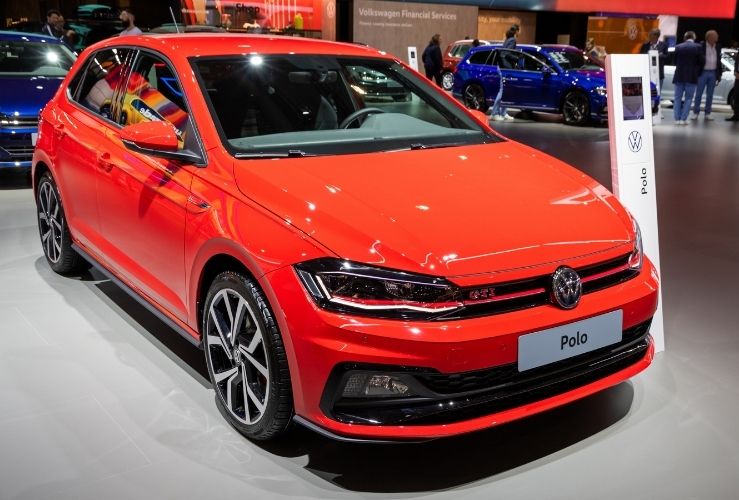New car registrations have fallen for the fourth consecutive month, with a decline of -24.6% to 106,265 units compared to October last year, according to the latest figures released from the Society of Motor Manufacturers and Traders (SMMT).
Plug-in vehicle uptake remained positive in the month before COP26, with battery electric vehicles (BEVs) equalling their September market share of 15.2% with 16,155 units, while plug-in hybrid vehicles (PHEVs) grew to 7.9% or 8,382 units.
Plug-in vehicles now account for 16.6% of all new car registrations in 2021, which, when joined by a further 9.1% from hybrid electric vehicles means that 25.7%, or more than a quarter of the new car market, has been electrified year-to-date.
|
|
2021 |
2020 |
% Change |
Market Share 2021 |
Market Share 2020 |
|
Diesel |
7, 028 |
20.941 |
-66.4% |
6.6% |
14.9% |
|
MHEV Diesel |
4,502 |
6,129 |
-26.5% |
4.2% |
4.3% |
|
Petrol |
48,384 |
69,704 |
-30.6% |
45.5% |
49.5% |
|
MHEV Petrol |
13,165 |
16,023 |
-17.8% |
12.4% |
11.4% |
|
BEV |
16,155 |
9,335 |
73.1% |
15.2% |
6.6% |
|
PHEV |
8,382 |
7,794 |
7.5% |
7.9% |
5.5% |
|
HEV |
8,649 |
11,019 |
-21.5% |
8.1% |
7.8% |
|
Total |
106,265 |
140,945 |
-24.6% |
|
|
|
|
2021 |
2020 |
% Change |
Market Share 2021 |
Market Share 2020 |
|
Diesel |
124,633 |
230,034 |
-45.8% |
8.8% |
16.6% |
|
MHEV Diesel |
89,673 |
50,480 |
77.6% |
6.3% |
3.6% |
|
Petrol |
669,982 |
789,612 |
-15.2% |
47.1% |
57.0% |
|
MHEV Petrol |
172,941 |
93,446 |
85.1% |
12.2% |
6.7% |
|
BEV |
141,296 |
75,946 |
86.0% |
9.9% |
5.5% |
|
PHEV |
95,422 |
50,277 |
89.8% |
6.7% |
3.6% |
|
HEV |
128,932 |
94,806 |
36.0% |
9.1% |
6.6% |
|
Total |
1,422,879 |
1,384,601 |
2.8% |
|
|
Plug-in vehicle uptake rates have accelerated so rapidly that SMMT forecasts that more will join Britain’s roads in 2021 than during the whole of 2010 to 2019 combined. Businesses and consumers are expected to take up around 287,000 of the latest zero-emission capable cars by the end of the year.
Despite this strong performance in electrified vehicle registrations, the overall market’s monthly performance was the weakest seen since October 1991. Demand from large fleets fell by a substantial -40.4%, driving most of the decline. Private demand fell by a more modest -3.3%, although this apparent small decline is compared against weak consumer uptake during the pandemic-affected October 2020.

Looking ahead, the latest SMMT forecast has been revised downward by -8.8% to 1.66 million units, in light of the on-going supply issues and deteriorating economic outlook. This would see 2021 finish 1.9% or some 30,000 units up on 2020, but some 650,000 units down on 2019’s pre-pandemic 2.3 million performance.
A partial recovery, however, is forecast for 2022, with industry anticipating some 1.96 million new car registrations next year.
This will be driven by continued demand for plug-in vehicles, which is expected to continue at pace with new BEVs anticipated to be more popular than new conventional and mild-hybrid diesels by the end of 2022. Plug-in cars are also expected to account for more than a fifth (21.5%) of all new car registrations next year.
 Credit: VanderWolf Images - stock.adobe.com
Credit: VanderWolf Images - stock.adobe.com
|
Volkswagen Polo |
3,167 |
|
MINI |
3,133 |
|
Nissan Qashqai |
2,838 |
|
Ford Focus |
2,735 |
|
Vauxhall Corsa |
2,567 |
|
Kia Nero |
2,479 |
|
Volvo XC40 |
2,451 |
|
Mercedes-Benz-A-Class |
2,239 |
|
Peugeot 2008 |
1,972 |
|
Hyundai Tucson |
1,894 |
|
Vauxhall Corsa |
35,183 |
|
Volkswagen Golf |
27,754 |
|
Volkswagen Polo |
27,591 |
|
Mercedes-Benz-A-Class |
27,183 |
|
Ford Fiesta |
26,899 |
|
Ford Puma |
26,744 |
|
Kia Sportage |
26,020 |
|
Nissan Qashqai |
25,373 |
|
BMW 3 Series |
24,948 |
|
Toyota Yaris |
24,522 |




